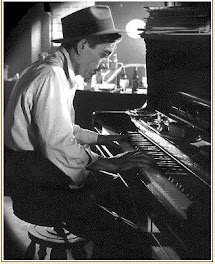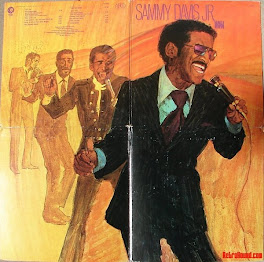 The Reader. Put this off for a while, not least because of Charlie Rose's conversation with the New York Critic guys at the time of the Oscars. Knew it had something to do with the Holocaust, grew to know she was an H campguard (Nein! Keep your hands off the lambies! Don't touch! Make nice!). When I thought too much about that 'mix', I got to be a kind of 'sour' guy, grousing about how a postmodern treatment of the H would dwarf the brute reality of it by deconstructing 'facts'. You know: hopping over time, through viewpoints, introducing differing forms of vision, undermining preconceived allegiances in the interest of a sliding notion of (non-)truth (small 't'), yak, yak.
The Reader. Put this off for a while, not least because of Charlie Rose's conversation with the New York Critic guys at the time of the Oscars. Knew it had something to do with the Holocaust, grew to know she was an H campguard (Nein! Keep your hands off the lambies! Don't touch! Make nice!). When I thought too much about that 'mix', I got to be a kind of 'sour' guy, grousing about how a postmodern treatment of the H would dwarf the brute reality of it by deconstructing 'facts'. You know: hopping over time, through viewpoints, introducing differing forms of vision, undermining preconceived allegiances in the interest of a sliding notion of (non-)truth (small 't'), yak, yak.B didn't finish it. I felt ashamed to admit that any chick who attaches nylons to her garter belt has a place at my table -- even if she's a 300-pounder, 70 years old, and tells me to 'wipe it up' (perhaps especially then). I went back on my own the next day and did the last half-hour or so.
This morning, weeks later, it hit me that perhaps the story was meant to show the even a C-campguard during the H held a deep love inside her just like the Hertzschmerz we see warping the young guy and the older Rafe (spelling deliberate to simulate Anglicized pronunciation). And then the graveyard years later by the Kirche where she listened to the nuns sing Dominique, Dominique in 1958 -- graveyard visit to explain to the alienated daughter why he -- Rafe -- had been warped. By love. By nylons hooked into a garter belt. Just, zo!
By some subconscious set of acts, and with the help of Netflix, I've watched within a period of two months Judgment At Nuremberg, Nuremberg, The Pianist, and The Reader. By far The Pianist captures most convincingly the random brutality and the sheer chanciness of rare survival, the desperate nature of living in a war zone, the meaning of a whole people being singled out for annihilation. Even Polanski had to base his film on a 'true story', but I cut him slack -- that pianist likely still resides in his memory, as Polish Jew survivor of the ghetto and as man whose world finds explanation in art, not necessarily in fulfillment with those around him. That pianist is also his own prototype: he himself.






































No comments:
Post a Comment